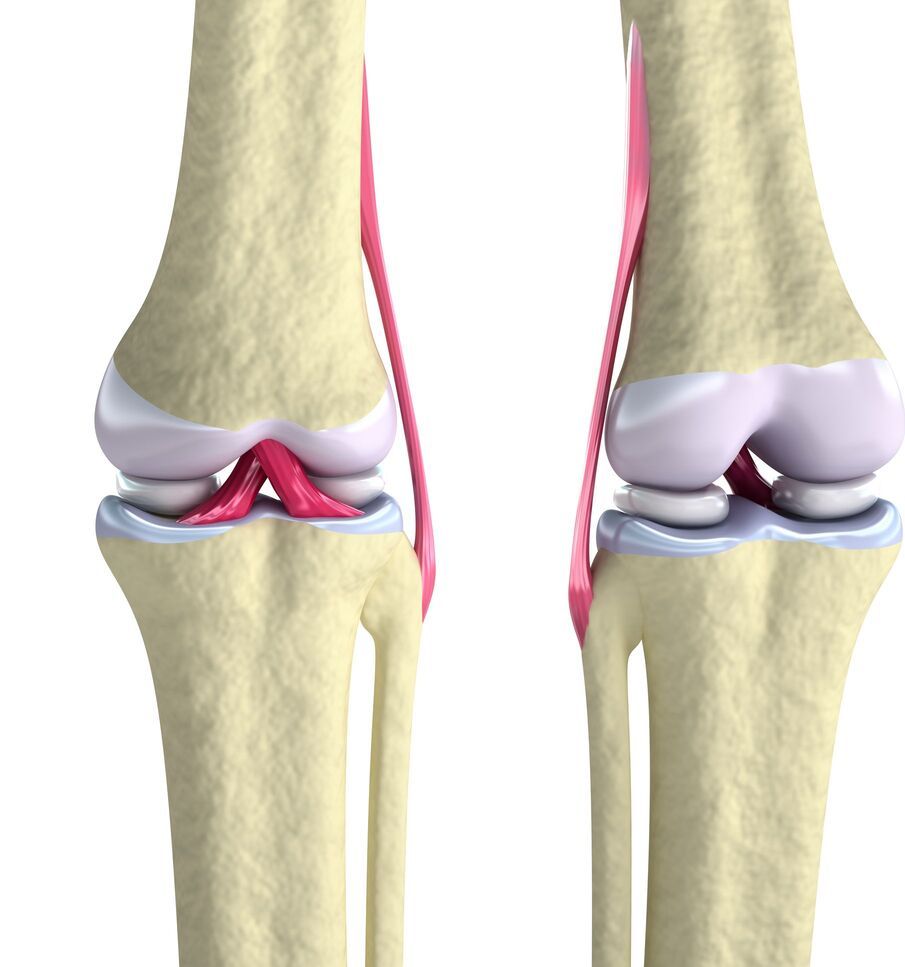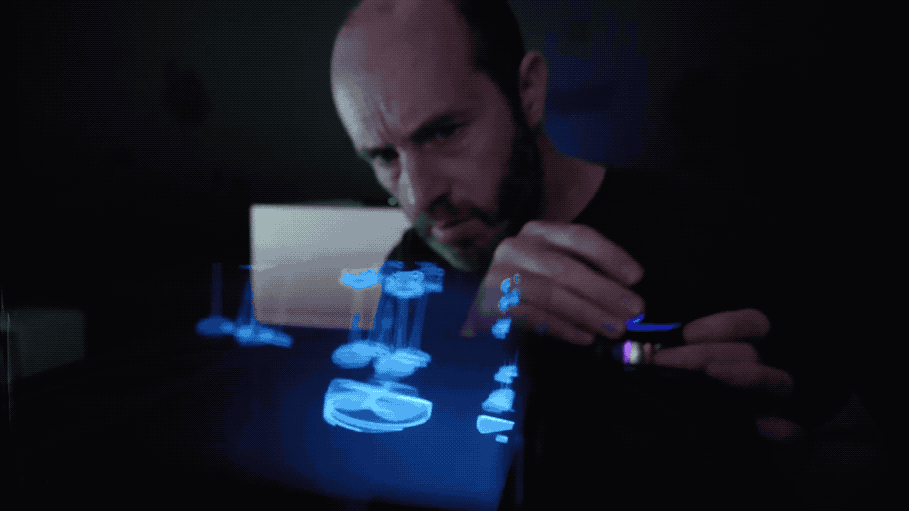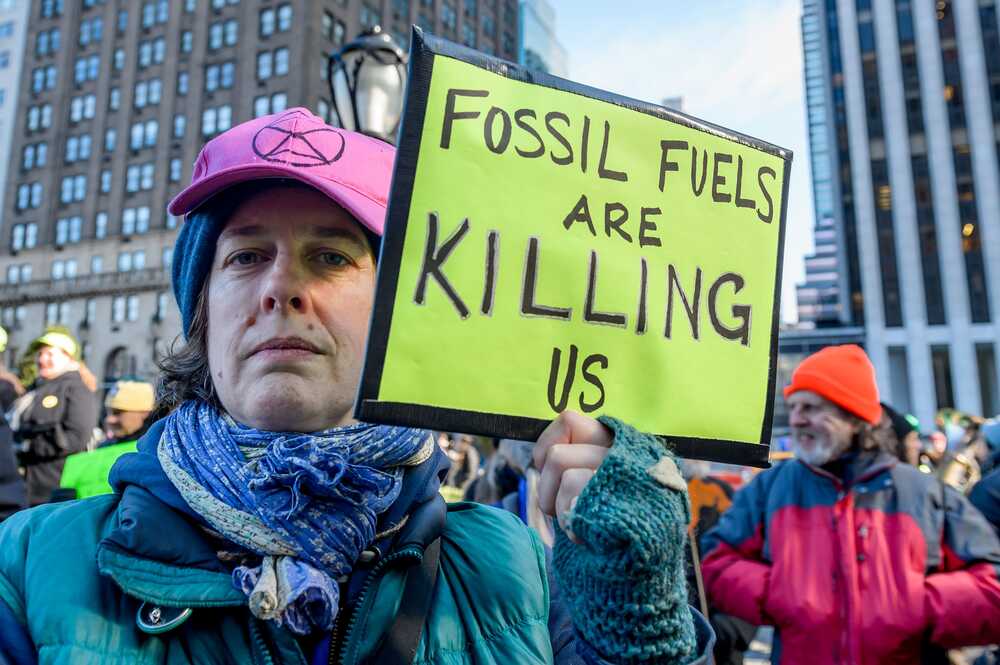Greening the Desert / De-Desertification.
Ira Pastor, ideaXme life sciences ambassador interviews Dr. Paul Elvis Tangem the Coordinator for the GGWSSI at the African Union Commission, in the executive/administrative branch of the AU, headquartered in Addis Ababa, Ethiopia.
Desertification is a type of land degradation in dry-lands in which biological productivity is lost due to natural processes, or induced by human activities, whereby fertile areas become increasingly arid, and may be caused by a variety of factors, such as climate change and over exploitation of soil.
One of the countermeasures for mitigating or reversing the effects of desertification is reforestation and in 2007 the African Union (AU) started the Great Green Wall Initiative (GGWSSI) Africa project in order to combat desertification in 20 countries across the Sahel and Sahara regions. The wall is projected to be 8,000 km wide, stretching across the entire width of the continent and has US$8 billion dollars in support so far. To date, the project has restored 36 million hectares of land, and by 2030, the initiative plans to restore a total of 100 million hectares. The Great Green Wall has created many job opportunities for the participating countries, with over 20,000 jobs created in Nigeria alone.
Dr. Paul Elvis Tangem is the Coordinator for the GGWSSI at the African Union Commission, in the executive/administrative branch of the AU, headquartered in Addis Ababa, Ethiopia.




